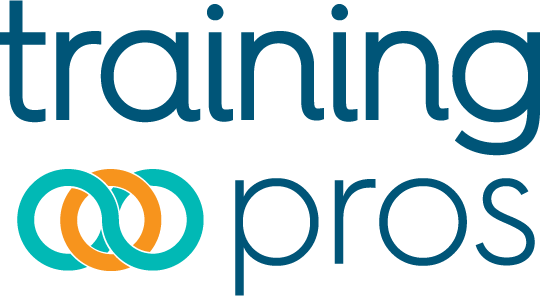Semi-Annual Medical Device Supplier Quality Conference: Speaker Interview
Gary Safsten
Assistant Director of Supplier Quality
PACCAR Inc
Gary Safsten is Assistant Director of Supplier Quality with PACCAR, assigned to PACCAR’s North American supply base. He is located in Bellevue, Washington. Gary has worked in both Operations Quality and Supplier Quality for PACCAR for five years. Prior roles include 2 years as director of quality for PACCAR’s Dynacraft Division. Gary’s expertise is with Advanced Product Quality Planning (APQP) and supplier development. Gary’s group manages over 500 suppliers in the United States, Canada, and Mexico. He also oversees the PACCAR China Supplier Quality group activities. He is involved in projects to expand the usage of APQP by PACCAR suppliers and to increase the number of suppliers exceeding the 10 ppm milestone. Prior to PACCAR, Gary has over 10 years’ experience in various engineering and managerial roles for Tier 1 Automotive suppliers. He is also a former United States Naval Officer. Gary is an American Society for Quality (ASQ) Certified Manager of Quality/Organizational Excellence and Certified Quality Engineer. He holds a bachelor’s degree in mechanical engineering from Brigham Young University and a master’s degree in business administration from Indiana Wesleyan University.
Gary will be one of the distinguished speakers at the 6th Semi-Annual Medical Device Supplier Quality Conference.
What is one thing you hope to learn or discuss with your peers at this conference?
I am always interested in a fresh perspective on design for manufacturability and DFSS as a way of designing in quality. I also am always interested in new perspectives on error prevention and error detection in manufacturing.
What supplier quality initiatives are on the horizon for your team in 2017?
A greater push toward supplier achievement of 10 ppm and a push toward driving quality down to sub-tier suppliers as well.
How can supplier quality teams better collaborate with suppliers?
Collaboration is better achieved when there is greater transparency and communication of shared goals and challenges between supplier and customer.
Have you recently completed a project that has streamlined your supplier quality practices?
If so, give a brief description of the project and its results. We have recently launched an on-line global corrective action database wherein suppliers who receive a non-conforming part notification from PACCAR may immediately begin communication on their containment, root cause identification, and corrective action activities. There are fixed timeline requirements and accountability for missed deadlines (i.e. administrative charges/penalties). This has resulted in nearly ten times the amount of documented communication to PACCAR of supplier activities. It has also resulted in a “one-stop shopping” for our plant QA departments to be able to find out the status of supplier corrective actions in real-time.





